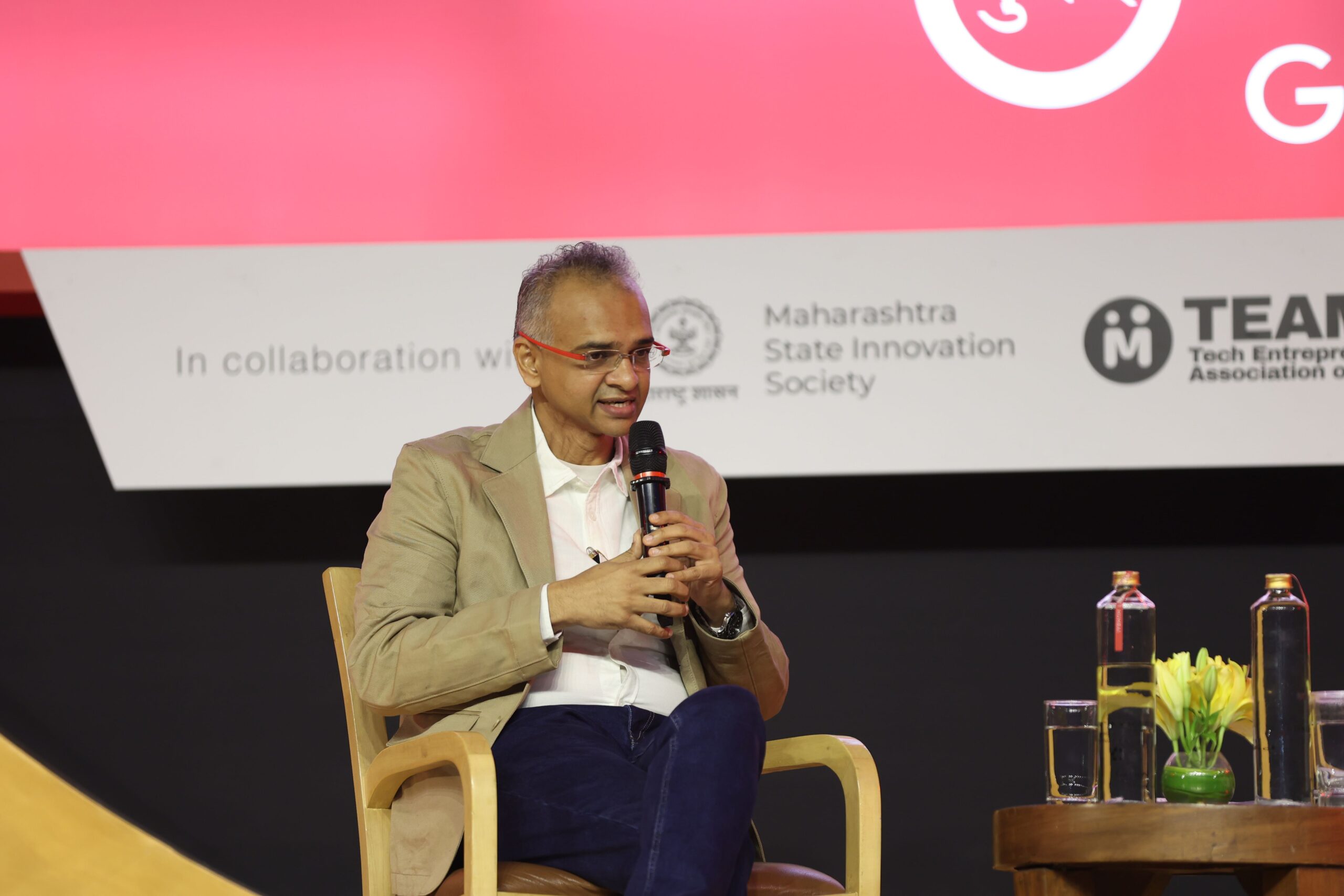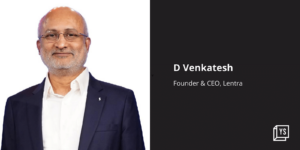India has the potential to do 10X more in terms of daily digital transactions, said Dilip Asbe, Chief Executive Officer (CEO) of the National Payments Corporation of India (NPCI).
In a fireside chat with YourStory Founder and CEO Shradha Sharma at the Mumbai edition of TechSparks 2023, Asbe mentioned the “billion-a-day target” that he set for United Payments Interface (UPI) could be around 24-36 months away if the entire ecosystem manages to bring everything together.
At present, NPCI processes close to 300 million UPI transactions daily. In February, it processed 7.5 billion transactions.
“When I first spoke about a billion transactions per day, we were 37 times away. But now, we are around 3.3 times away, which means we are much closer now,” he said.
Asbe highlighted that the true potential of UPI is a 10X growth from the current level. Pointing out the maths behind this prediction, the CEO said India has around 300 million transacting users, but this can go up by 3X.
In terms of merchants, the country has 150 million merchants and can go up 3X, given the size of the market. Overall, a 9X growth is very much possible, he added.
Tech behind the growth
NPCI makes massive investments in technology to bring together its entire digital payments infrastructure and keep it kicking all the time.
Pointing out the efforts in the backend, Asbe said NPCI is already preparing its systems for 10 billion transactions daily.
“We are already doing around 10 billion API calls per day, calls with multiple players in the ecosystem to settle UPI transactions,” Asbe said. There are typically ten hops required to settle one UPI transaction.
“We believe a lot more has to be done from a tech standpoint, from a feature standpoint,” he added.
Interestingly, while headquartered in Mumbai, NPCI has always had data and tech centres in Hyderabad and Chennai. Now, the company is building its first technology centre in Mumbai.
While Mumbai has good engineering colleges, the tech ecosystem was always there in Chennai or Hyderabad, he said. While Bengaluru had a large ecosystem, it was prohibitive in terms of cost.
“So, we have started a tech centre in Mumbai now. Let us see if we can find resources here at an affordable cost,” Asbe added.
On the technology side, NPCI is also upping its game by building its own technology. At present, the company processes more than 90% of the transactions through its systems.
Asbe pointed out that from being a net buyer of technology, from 2014-15, NPCI is now building it itself. Over the last few years, NPCI moved into a load-balancing mode with three active servers.
UPI going global
NPCI is not resting on its laurels in India but is now taking the UPI global. Talking about the opportunity in front of the government, Asbe said India has the G20 presidency now, and the country can showcase to the world how a good public infrastructure is beneficial to society.
“We are giving the tech stack to smaller countries for free, and we are charging them for the cost we incur in implementing it,” Asbe said. “We are charging some of the small countries as low as a couple of million dollars,” he added.
These are part of the government-to-government and regulator-to-regulator connections between India and multiple other countries.
The idea is once the delegates come to India and use UPI or see the benefits of UPI, even if they do not take the stack, they can at least be inspired by the role digital public goods can play in the country.





![Read more about the article [Funding roundup] Preimage, Kidbea, Syntellect raise early-stage deals](https://blog.digitalsevaa.com/wp-content/uploads/2022/09/preimage-1664438704211-300x150.png)




